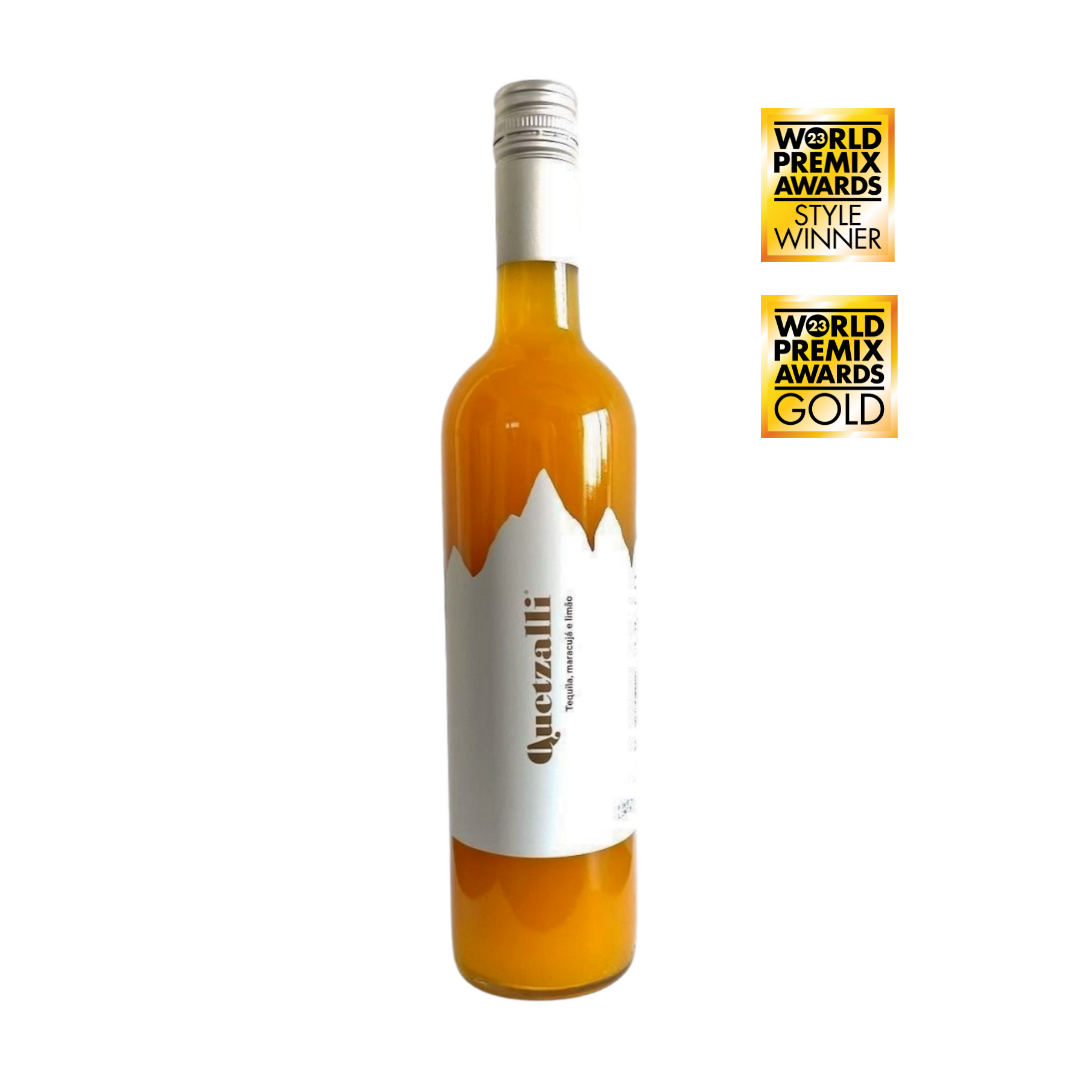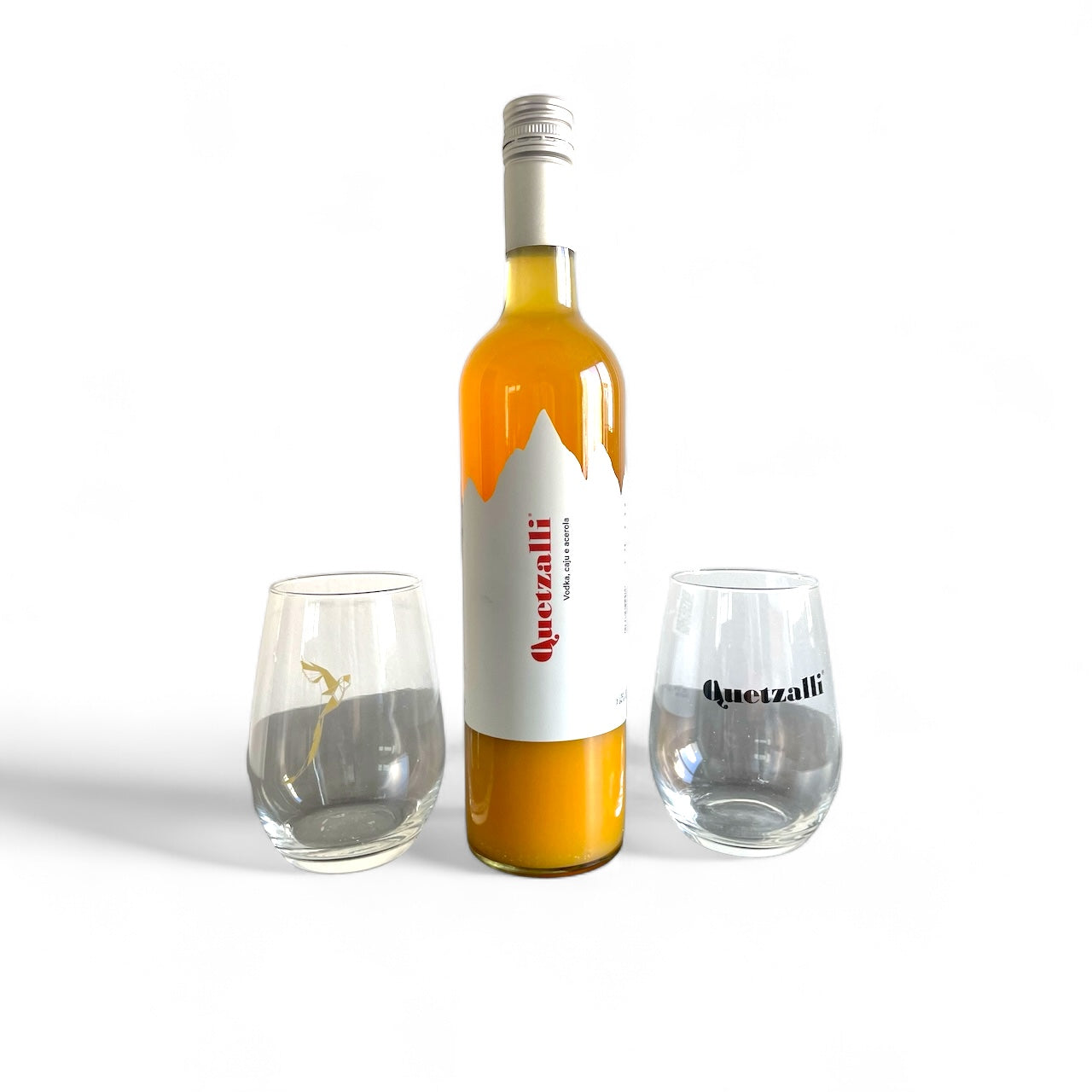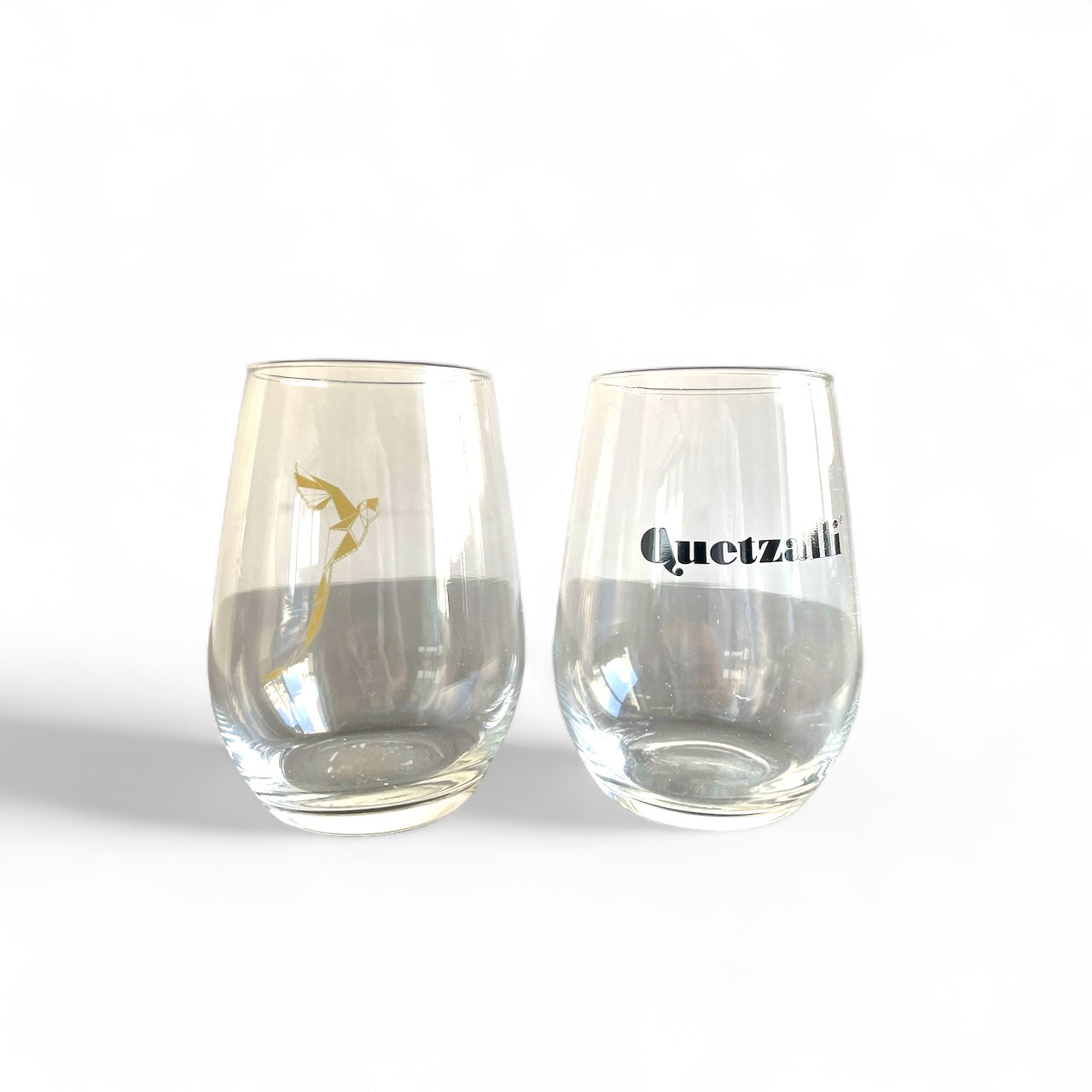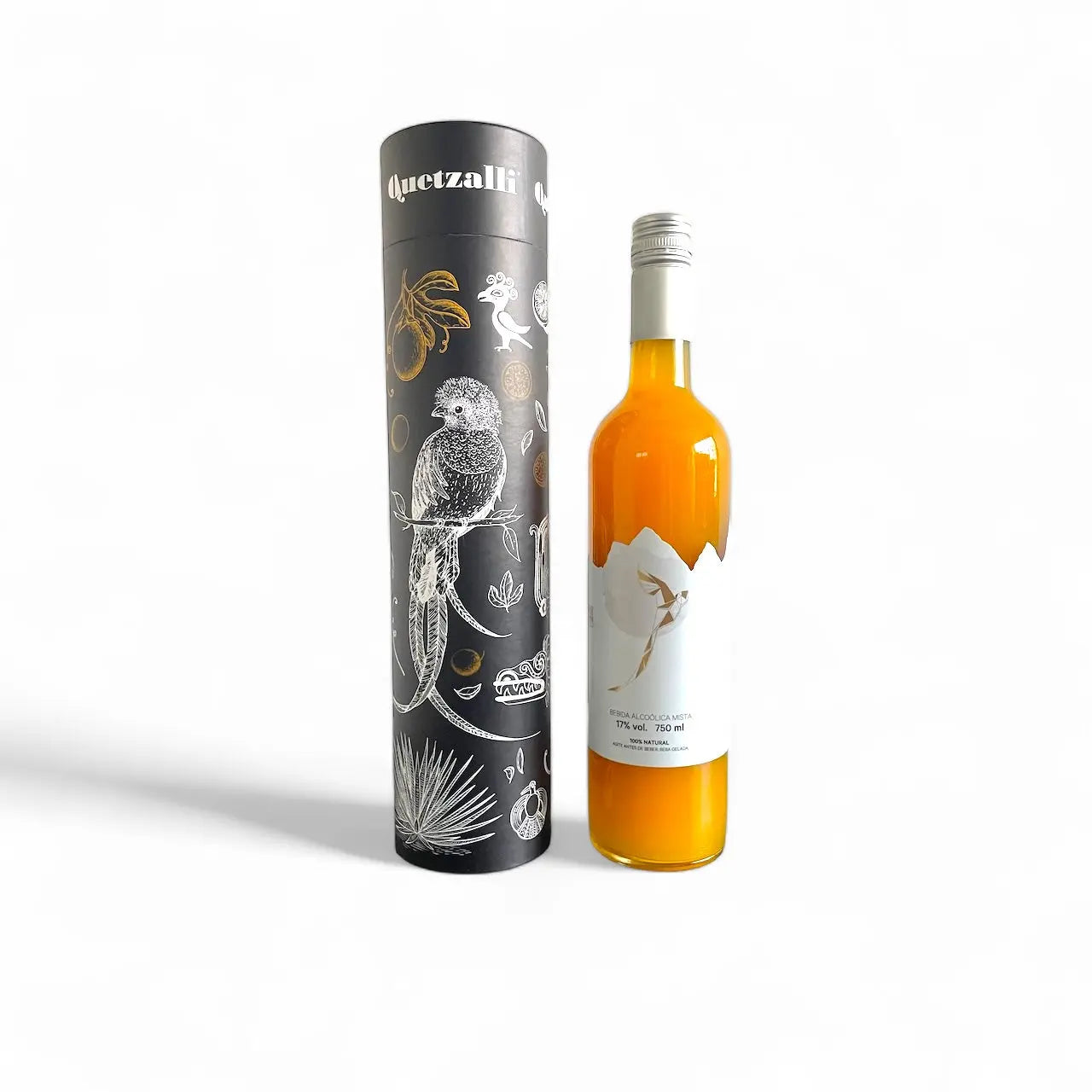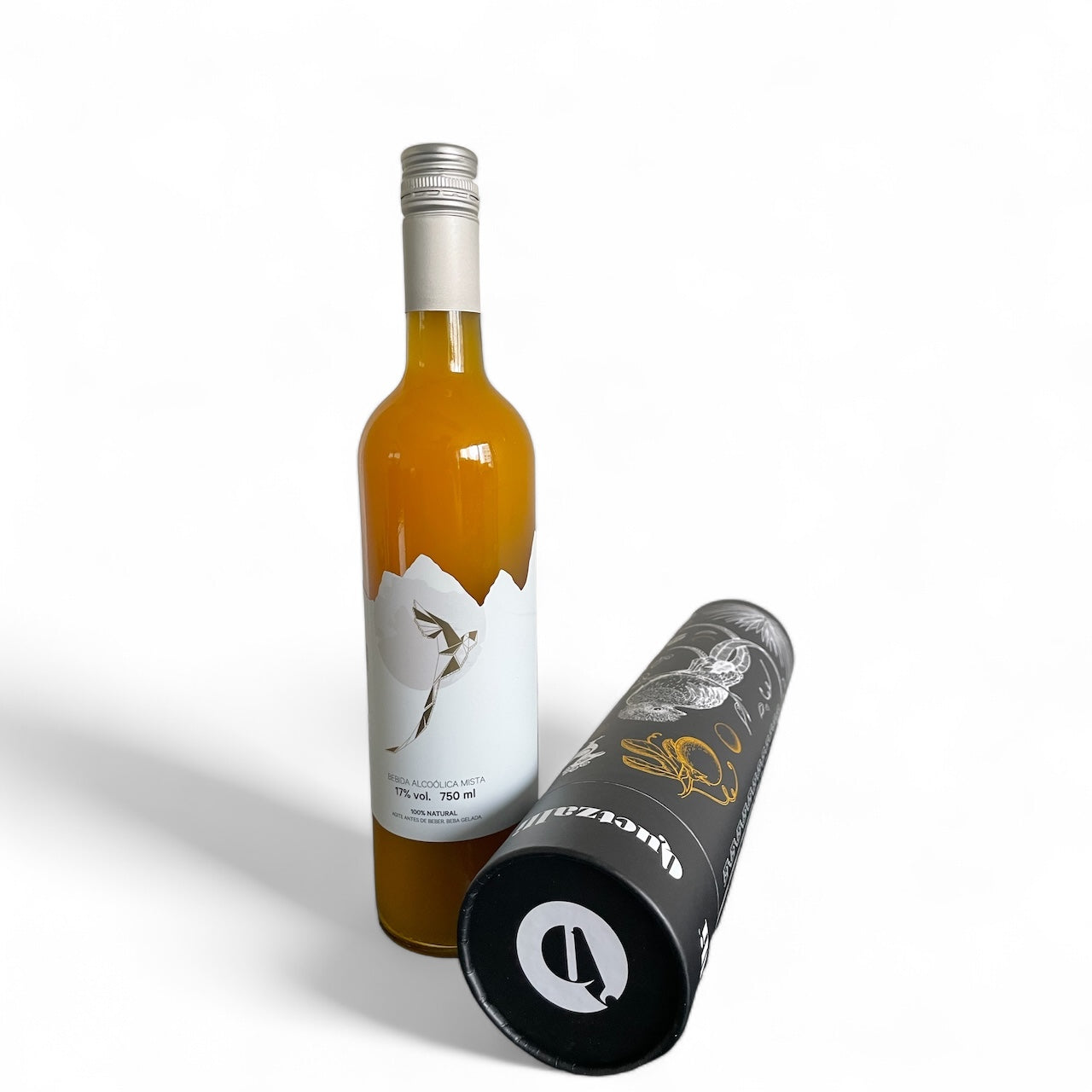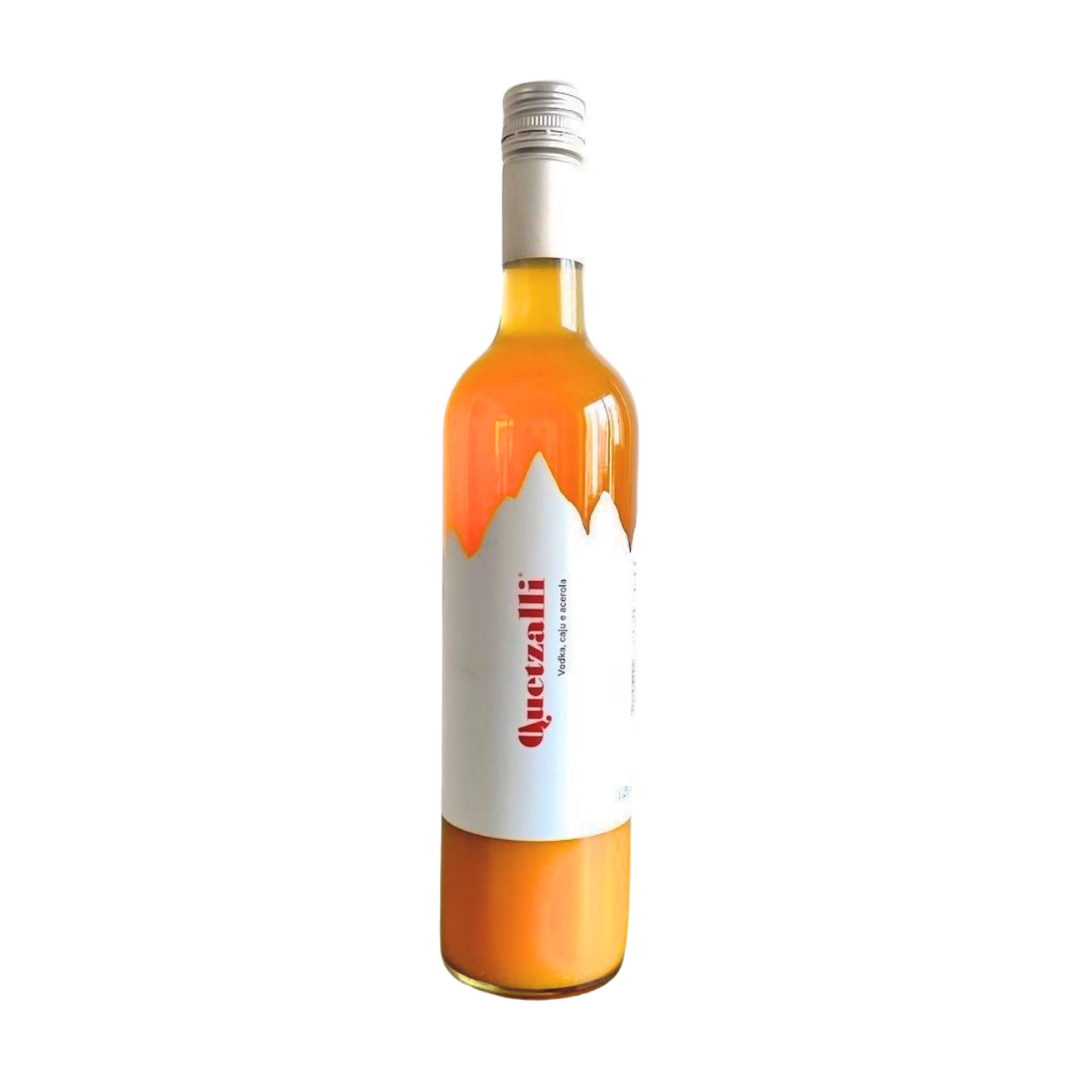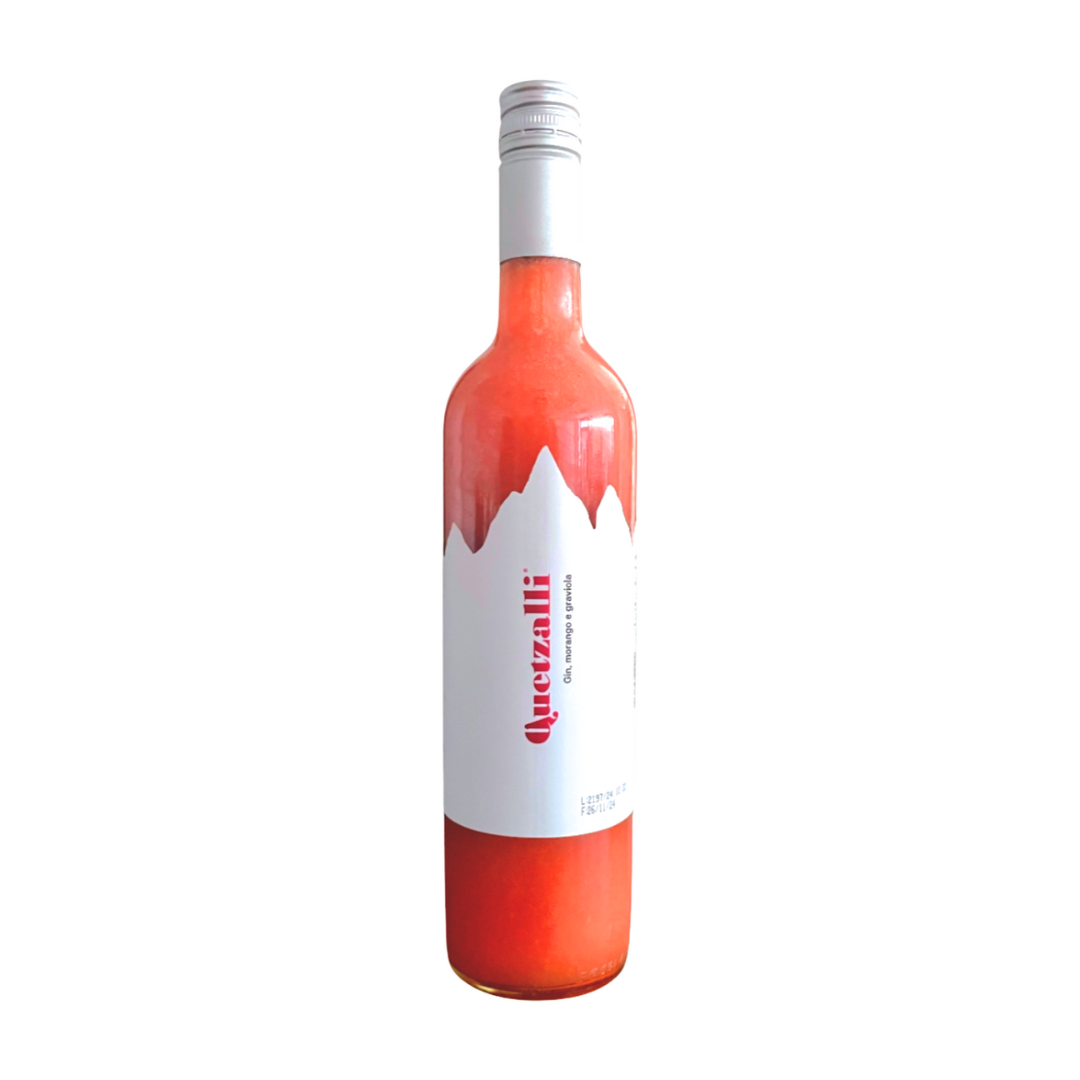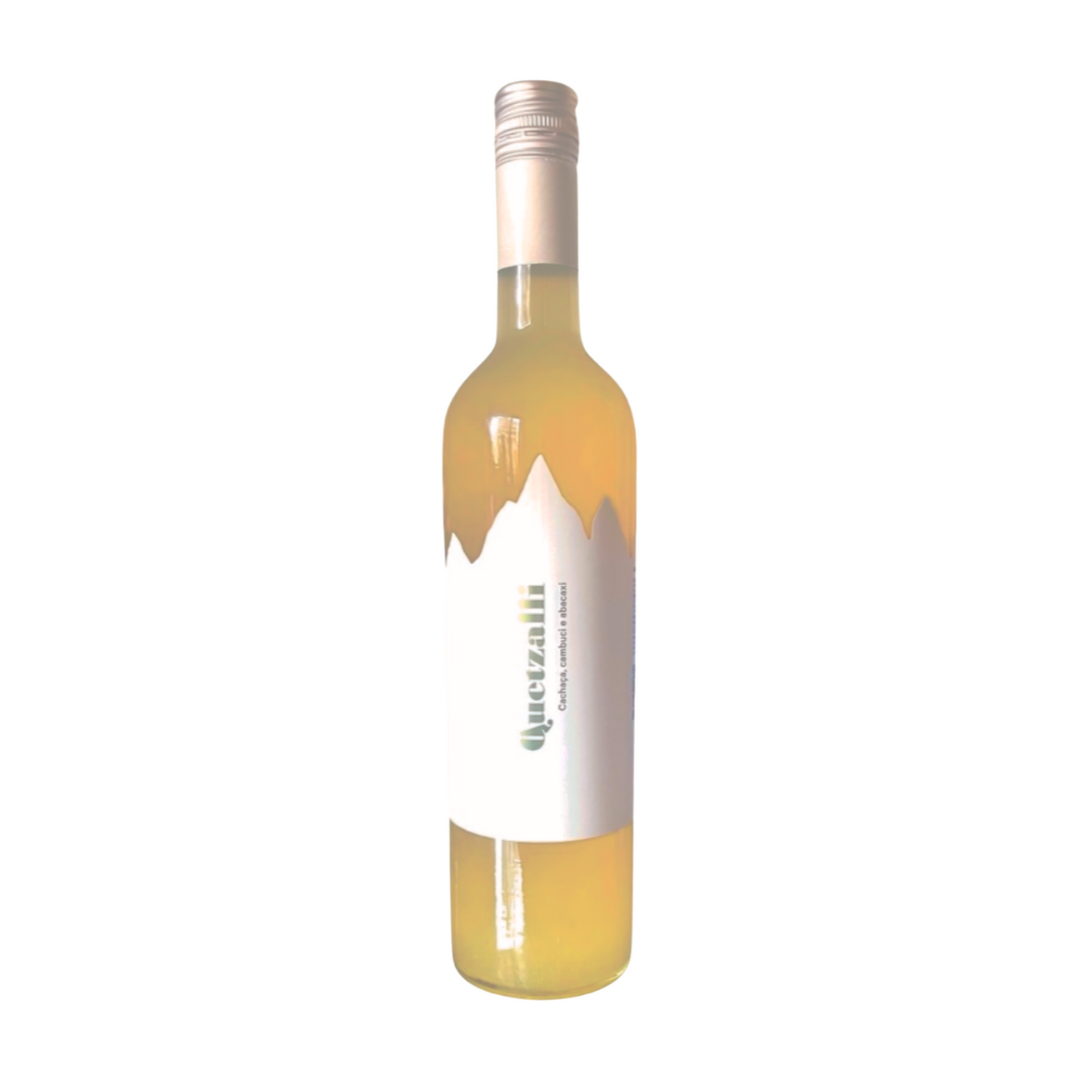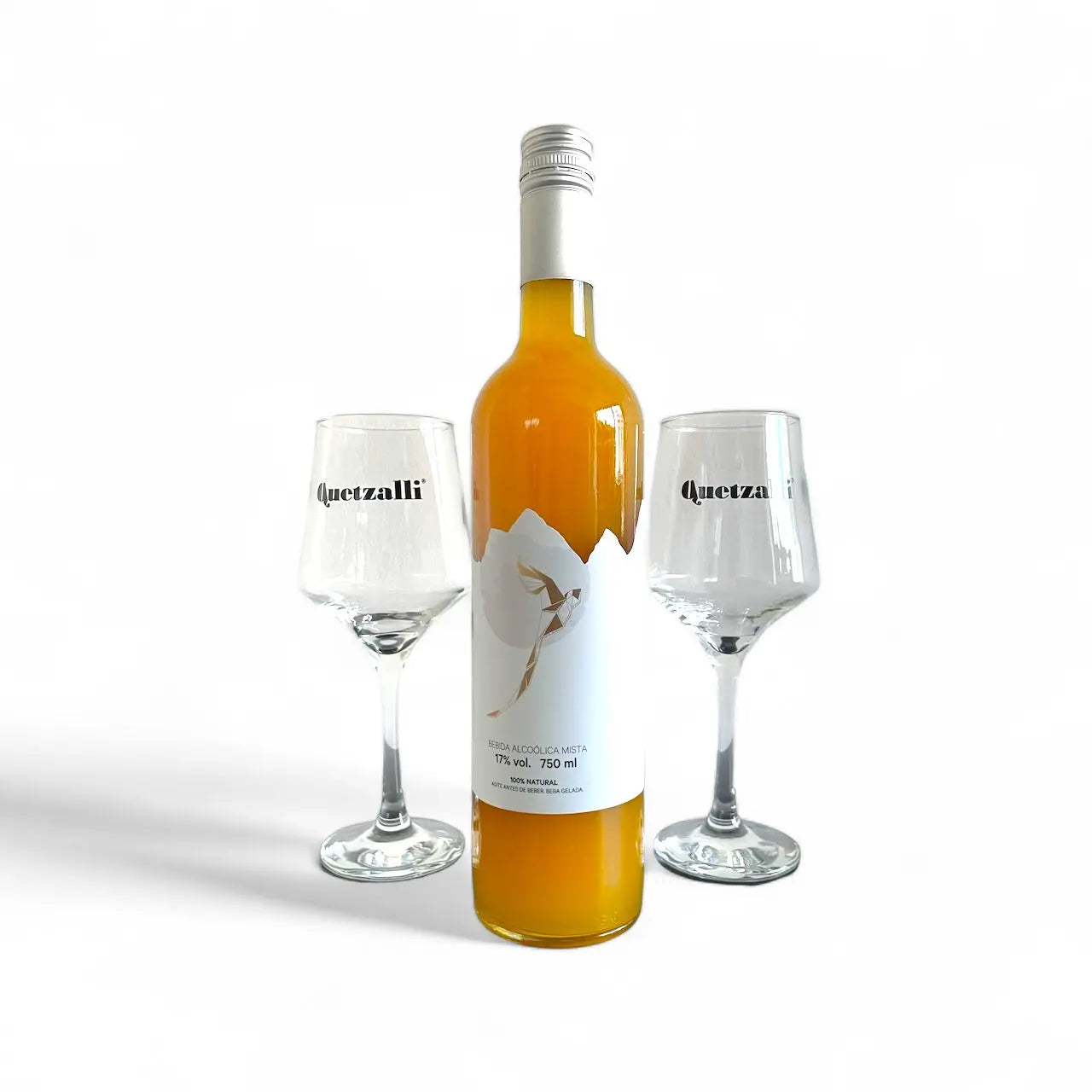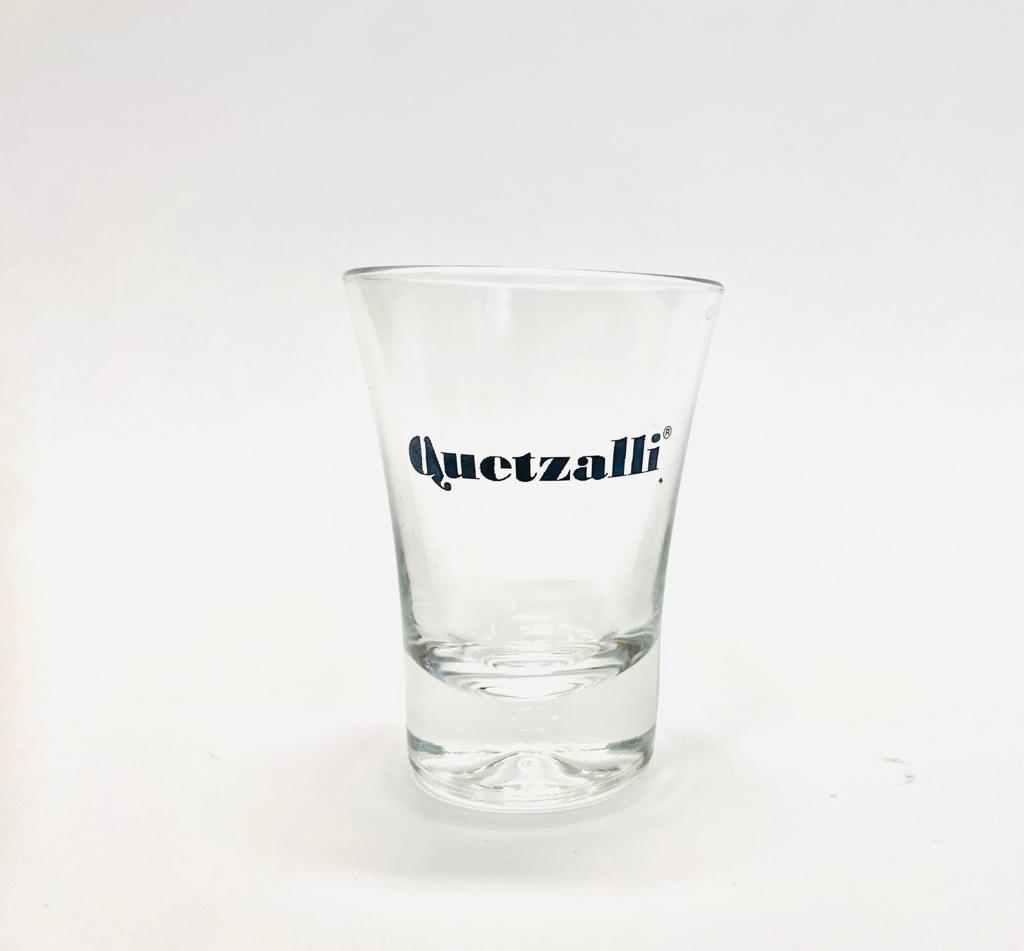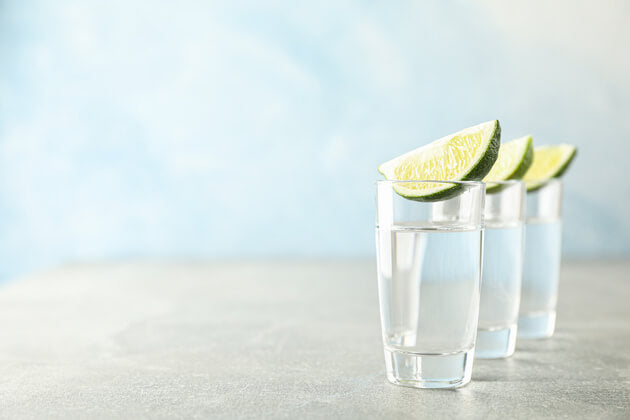Introduction
test
Tequila is an alcoholic beverage distilled from blue agave, originally from Mexico and very popular worldwide. In Brazil, its consumption has grown in recent years, especially among young people. However, little is known about the high methanol content of tequilas sold in the country and the health risks this can pose. In this article, we will discuss what methanol is, why it is considered dangerous, and how it affects tequila consumption in Brazil.
What is methanol?
Methanol is a colorless, flammable chemical substance, also known as methyl alcohol. It is used as an industrial solvent in the production of plastics, rubber, paints, and varnishes, among other products. However, methanol can also be found in small amounts in distilled alcoholic beverages, such as tequila.
Why is methanol dangerous?
Methanol is considered dangerous because, when consumed in large quantities, it can cause damage to the nervous system and vision, and in extreme cases, it can even lead to death. This happens because methanol is converted into formaldehyde and formic acid in the human body, substances that are toxic in high doses. Symptoms of methanol poisoning include headache, nausea, vomiting, dizziness, shortness of breath, and blurred vision.
Tequila and methanol in Brazil
In Brazil, commercially available tequilas typically have an alcohol content of 38% to 40%. However, the high methanol content in these beverages has raised concerns among experts and health authorities. According to studies conducted by the Adolfo Lutz Institute in São Paulo, some tequila brands sold in the country contain more than 200 times the maximum methanol content permitted by Brazilian law.
This situation is even more serious because many tequila consumers in Brazil believe the drink is safer than other spirits, such as cachaça. However, this is not true, as tequila can be even more harmful to health due to its high methanol content.
How to Reduce the Risk of Methanol Poisoning from Tequila
There are some steps you can take to reduce the risk of methanol poisoning from Tequila. The first is to choose reliable, high-quality brands that have been tested and approved by health authorities. Additionally, it's important to consume the drink in moderation and never mix it with other substances, such as energy drinks or soft drinks.
Another way to reduce the risk of methanol poisoning in Tequila is to choose brands that use safer and more efficient production methods to eliminate or reduce the presence of methanol in the drink. Some of these techniques include natural fermentation, distillation in copper columns, and activated carbon filtration.
The Tequila Market in Brazil
The tequila market in Brazil has grown in recent years, mainly due to increased consumption among young people. According to data from Euromonitor, tequila consumption in the country grew 8.2% in 2020, even during the Covid-19 pandemic. This reflects the drink's popularity among young people, who consider it a more sophisticated and exotic option than other alcoholic beverages.
However, the Brazilian tequila market still faces some challenges. One is the lack of specific regulations governing the production and sale of the beverage in the country. This leads many brands to sell low-quality tequilas with high methanol content, putting consumers' health at risk.
The consequences of high methanol content in Tequila
The high methanol content of tequilas sold in Brazil can have several health consequences for consumers. In addition to the symptoms already mentioned, methanol poisoning can lead to more serious problems, such as damage to the central nervous system, blindness, and even death.
Furthermore, regular consumption of Tequila with a high methanol content can lead to chronic health problems, such as liver, kidney, and nervous system problems. Therefore, it is crucial that consumers are aware of the risks and take steps to reduce the risk of methanol poisoning.
The importance of supervision and regulation
To reduce the risks associated with Tequila consumption in Brazil, greater oversight and regulation of the beverage's production and sale is essential. Health authorities should establish maximum limits for the methanol content of Tequilas sold in the country and require companies to comply with these regulations.
Furthermore, it's important that authorities encourage the production of quality Tequilas that use safe and efficient methods to eliminate or reduce the presence of methanol in the beverage. This will not only reduce health risks for consumers but can also help strengthen the Tequila market in Brazil, increasing product competitiveness and quality.
Conclusion
Tequila consumption in Brazil has been increasing in recent years, especially among young people. However, it's important to be aware of the health risks that the high methanol content of this beverage can pose. Methanol is a toxic substance that can damage the nervous system and vision, and can even lead to death in extreme cases. Therefore, it's essential to choose quality brands and consume the beverage in moderation. Furthermore, it's crucial that Brazilian health authorities act more effectively to control and monitor the production and sale of tequila in the country.
With proper regulation and consumer awareness, it is possible to reduce the risks associated with Tequila consumption in Brazil and enjoy all the unique characteristics and flavors of this drink so appreciated around the world.


